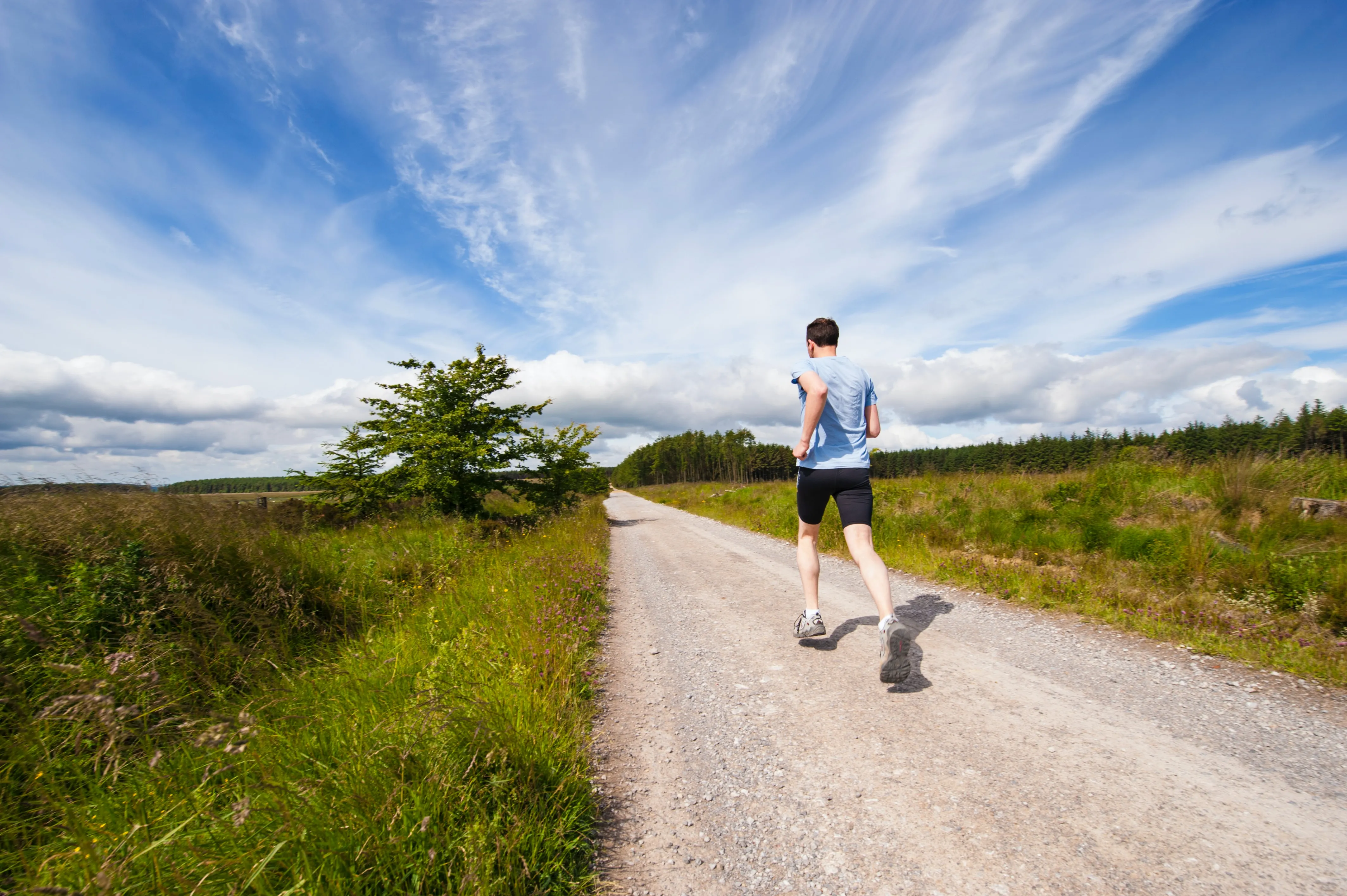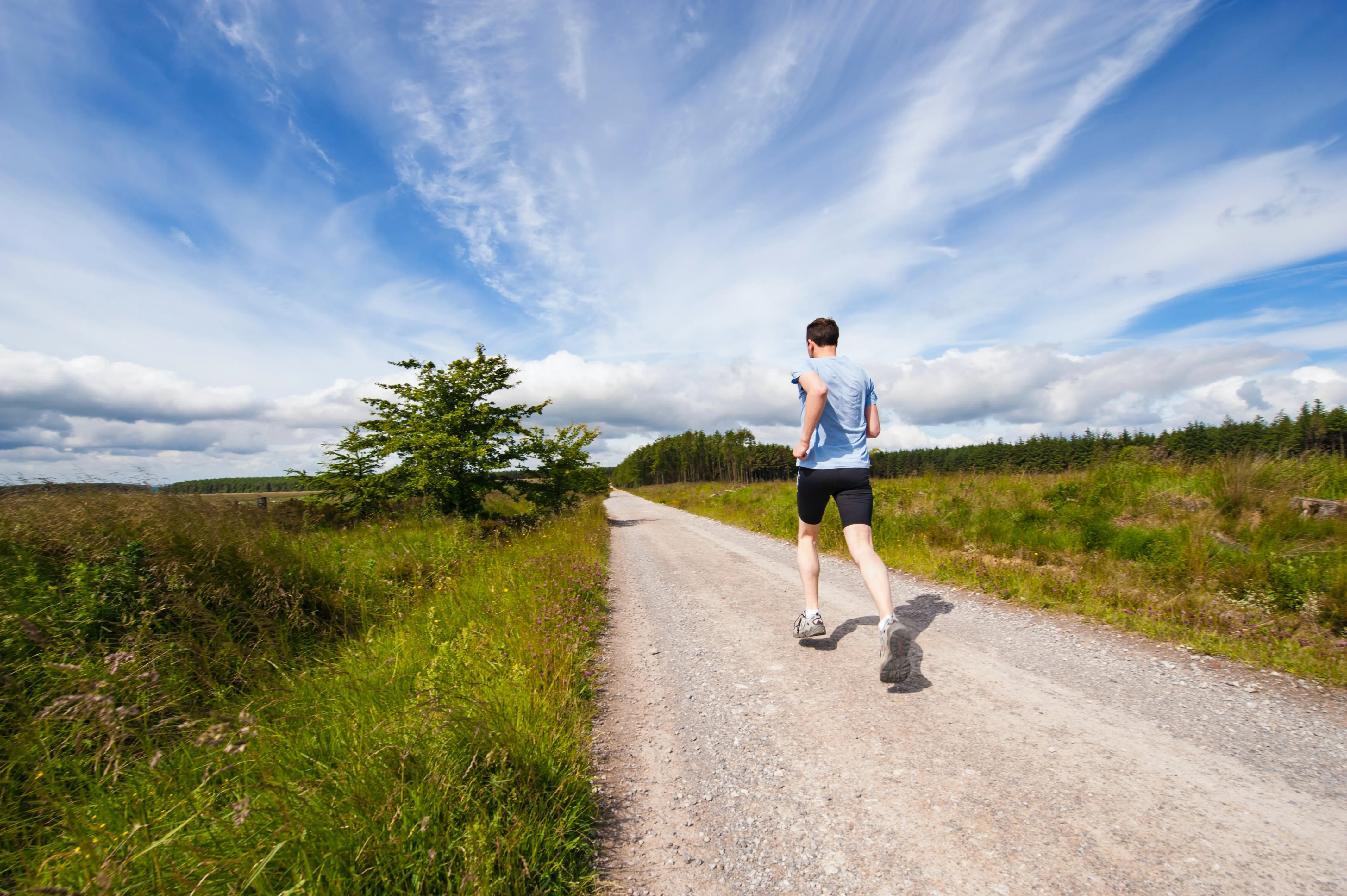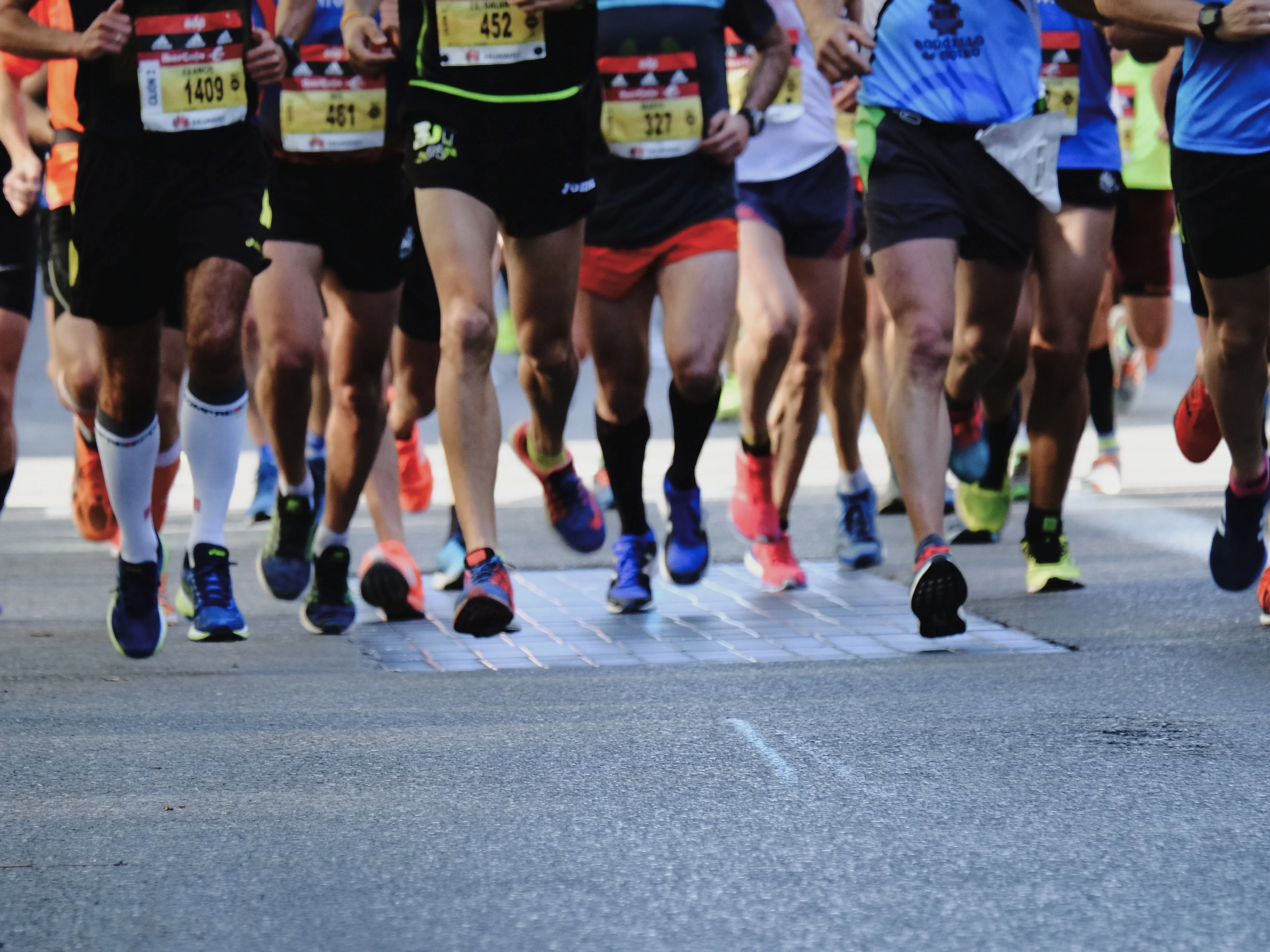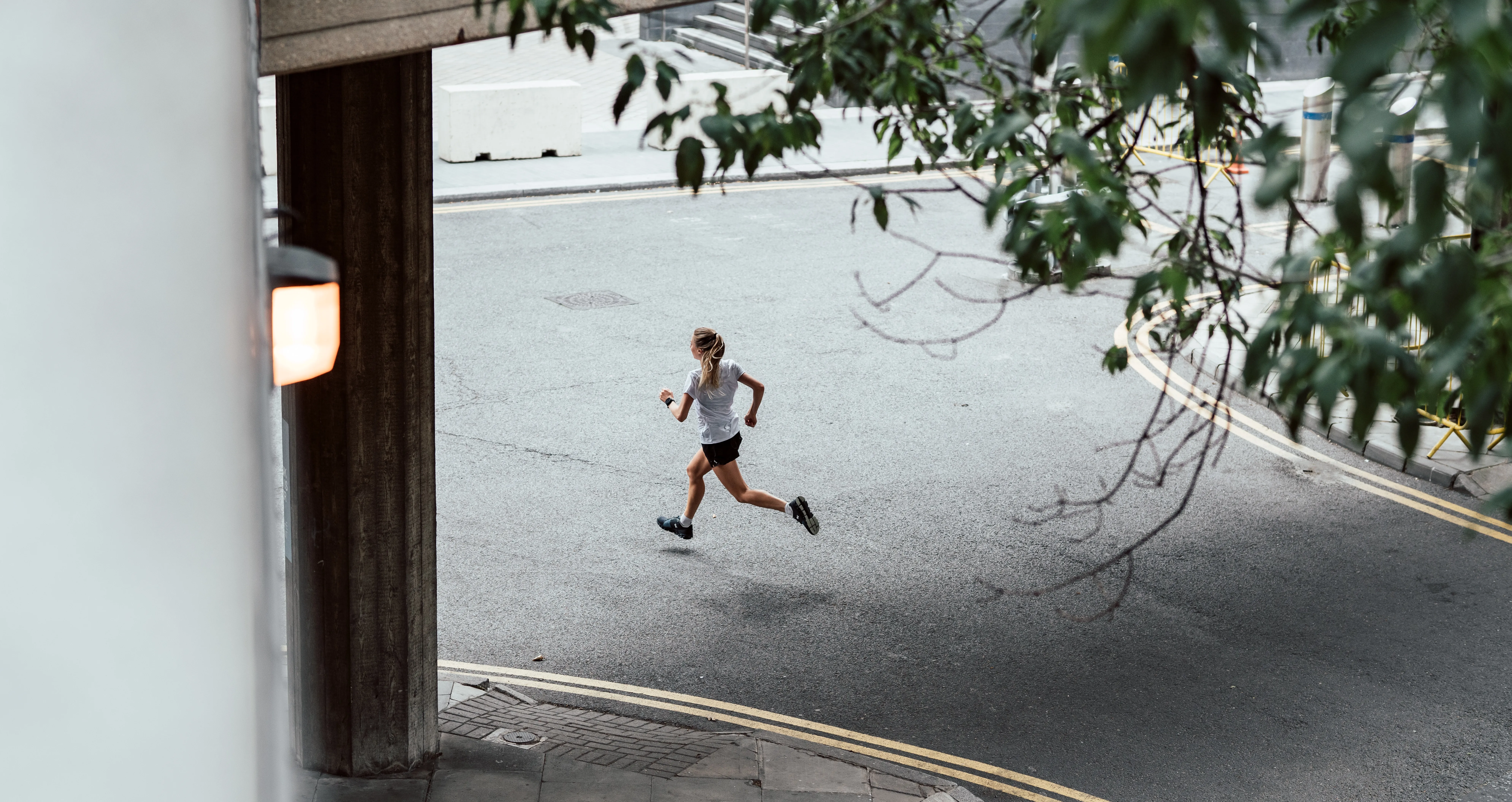
The best time of day to run is a topic of debate among runners. While some swear by early morning jogs, others prefer the serenity and solitude of late-night runs. The truth is, the best time to run really depends on what fits into your lifestyle, aligns with your personal goals and feels best for your body.

Advantages of Morning Runs
Setting your alarm early and hitting the pavement can be a great way to start the day. There are several benefits associated with morning runs:
- Improved Productivity: Morning runs can boost your productivity for the rest of the day. Physical activity early in the day wakes up the brain and promotes mental clarity.
- Excellent Metabolism Kick-start: Morning runs can kickstart your metabolism and help you burn more calories throughout the day.
- Consistent Routine: Waking up and running at the same time every day can help establish a fulfilling routine.
- Less Traffic & Pollution: Running early in the morning means fewer vehicles on the road, translating to less exposure to air pollution.
However, understand that it could be tough transitioning into morning runs. Your body is relatively stiff in the mornings and your body temperature is at its lowest. It is important to start slow and to perform some warm-up exercises.
Benefits of Afternoon and Evening Runs
Evening runs also have their own set of benefits:
- Body’s Peak Performance: Research shows that the body’s strength, flexibility, and endurance are at their peak in the afternoon and early evening.
- Reduced Injury Risk: Your body is warmed up from the day’s tasks, reducing the risk of injuries.
- Stress Relief: Running after a long day can help relieve stress and promote better sleep.
Despite the potential advantages, running in the afternoon or evening can be challenging due to work or family commitments. Additionally, keep safety in mind if running after sunset especially in areas with poor lighting.
The Individual Factor
Ultimately, the best time to run differs among individuals. You need to consider several personal factors:
- Body Rhythm: Run at a time when you feel most alert and energetic.
- Work and Family Commitments: Choose a run time that fits best with your commitments and schedule.
- Goals: If you’re training for a race that’s held in the morning, it’s beneficial to run in the morning. For weight loss, running in the morning may be most effective as it boosts your metabolism.
The most crucial factor is consistency. The best time of day to run is the time you can stick with consistently to maintain a regular running schedule.

Wrap Up
Whether you’re a morning lark or a night owl, what’s most important is that you’re getting out there and moving. Different times of the day offer different benefits for running, so experiment and see what works best for your body and schedule.
Remember, it’s all about developing a routine that you love and will stick with. And always, make sure to listen to your body to understand the best time that suits your running needs. Happy running!





